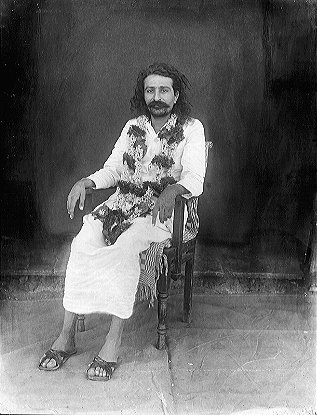
Broadly speaking there are two kinds of knowledge: purely intellectual judgments about the facts of existence; and judgments of valuation, which imply the appreciation of the worth or importance of things.
Just as there are two kinds of judgment, there are two kinds of falsehood: mistakes in accepting as facts those things that are not facts and mistakes in valuation.
Mistakes in valuation can be committed in the following ways: (1) in taking as important that which is unimportant, (2) in taking as unimportant that which is important, or (3) in giving to a thing an importance other than the importance it really has.
Mistakes in valuation arise owing to the influence of subjective desires or wants. True values are values that belong to things in their own right. They are intrinsic; and because they are intrinsic, they are absolute and permanent and are not liable to change from time to time or from person to person.
False values are derived from desires or wants. They are dependent upon subjective factors; and being dependent upon subjective factors, they are relative and impermanent, and are liable to change from time to time and from person to person.
For example, an individual who is very thirsty and is in a desert like the Sahara thinks that nothing is more precious than water; while someone who has at hand an abundance of water and who is not very thirsty does not attach the same importance to it.
The value of sense objects is great or small according to the intensity or urgency with which they are desired. If these lusts and longings increase, the corresponding objects assume greater importance.
These are all false values because they are not inherent in the objects themselves. When in the light of true knowledge all the lusts and longings disappear completely, objects vested with importance through the working of these lusts and longings immediately lose all their borrowed importance and appear meaningless.
-Extracted from Discourses, 7th Ed. p370-72